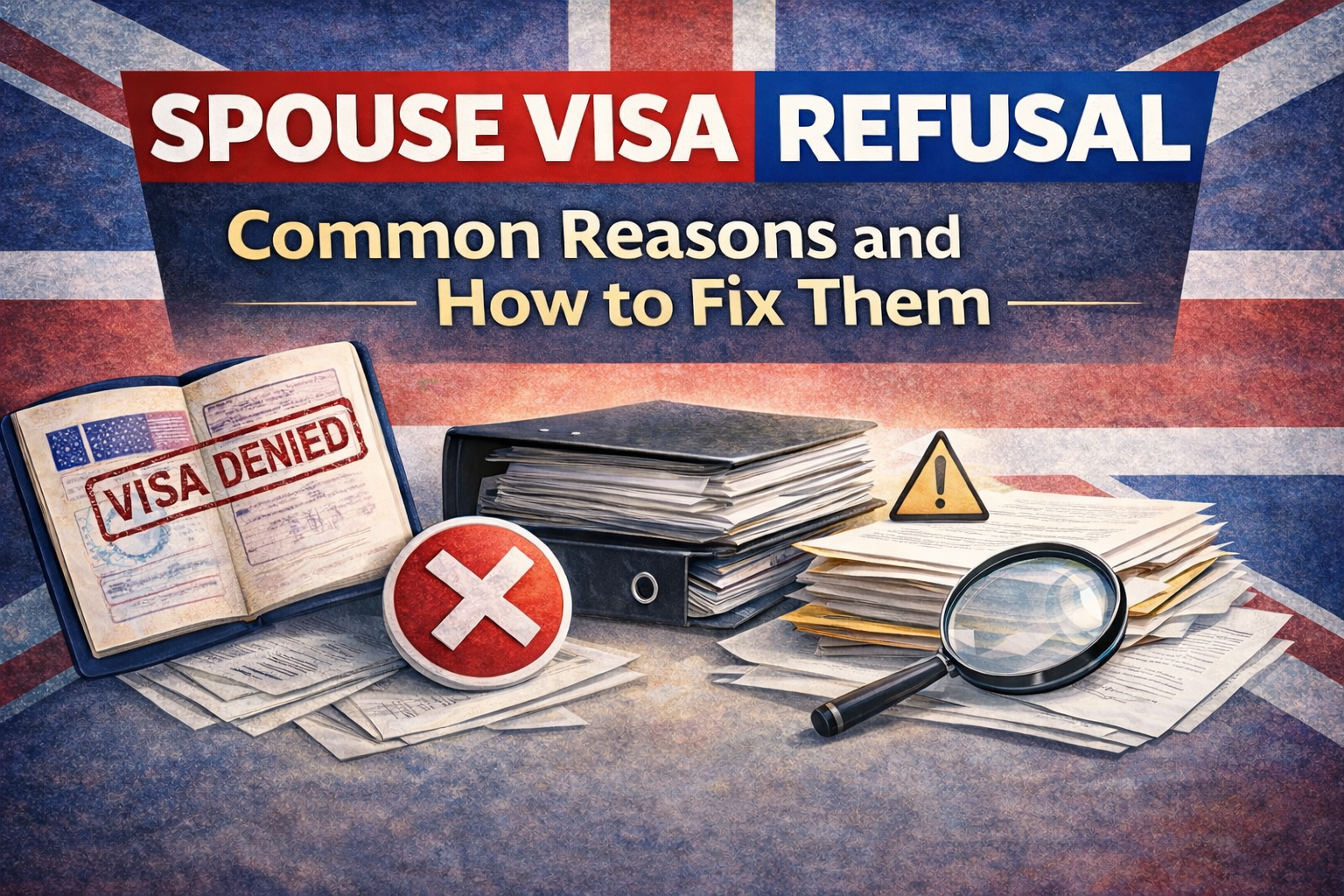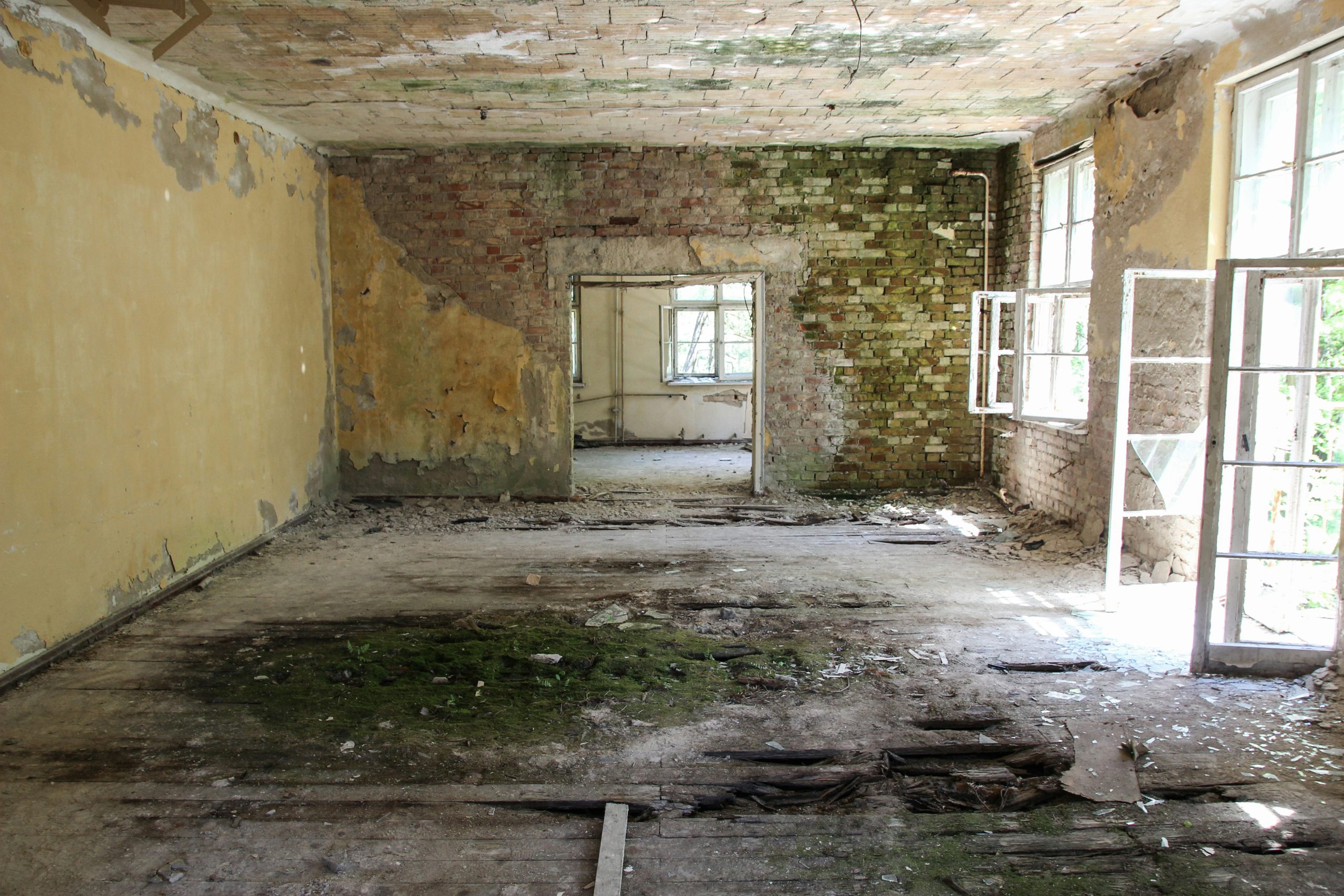Being arrested can be an overwhelming and intimidating experience, especially if it’s your first time dealing with the criminal justice system. Whether you believe the arrest is justified or not, knowing your rights and how to respond can significantly impact the outcome of your case. This guide explains what happens when you’re arrested in the UK, your legal rights, and what steps you should take to protect yourself.
What Does It Mean to Be Arrested?
An arrest means the police have detained you because they suspect you’ve committed a criminal offence. It is a formal process and comes with specific rights and procedures that the police must follow.
You may be arrested:
- At the scene of a crime
- At your home or workplace
- After attending a police station voluntarily
The police must inform you that you are under arrest and explain the reason using clear language.
Your Legal Rights Upon Arrest
Once arrested, you are entitled to the following rights under UK law:
- To be told the reason for your arrest in a language you understand
- To remain silent – you do not have to answer questions (aside from basic identification)
- To free legal advice – you can request a duty solicitor or use your own
- To have someone informed of your arrest (a friend, family member, or employer)
- To consult the Codes of Practice outlining police powers and procedures
It is essential to ask for legal representation immediately, even if you believe you are innocent.
What Happens at the Police Station?
After arrest, you’ll be taken to a police station where you may be:
- Searched
- Interviewed under caution
- Detained for up to 24 hours without charge (longer in serious cases)
You have the right to:
- Speak to a solicitor before and during any police interview
- Be treated fairly and with dignity
- Be given access to medical help if needed
Avoid signing any statements or documents without first speaking to your solicitor.
Police Interview: Know the Caution
Before any interview, you’ll be read the caution:
“You do not have to say anything, but it may harm your defence if you do not mention when questioned something which you later rely on in court. Anything you do say may be given in evidence.”
This means:
- You have the right to remain silent
- If you later bring up something in court that you didn’t mention in the interview, it could weaken your defence
- Everything you say can be used against you
Always consult a solicitor before answering questions.
Can You Be Released Without Charge?
Yes. After your arrest and detention, the police may:
- Release you without charge
- Release you under investigation (RUI)
- Release you on bail with conditions
- Charge you and send the case to court
Each outcome has different legal implications. If you’re released under investigation or on bail, seek legal advice on what to do next.
What to Do Immediately After Release
Once released, you should:
- Review everything that happened during custody with your solicitor
- Begin gathering evidence that supports your version of events
- Avoid discussing your case publicly or on social media
- Follow any bail conditions carefully to avoid re-arrest
This is also the time to decide whether you want continued legal representation beyond the police station.
When Should You Seek Legal Help?
It’s vital to speak to a solicitor:
- Immediately after arrest (ask for one at the station)
- Before any interview or questioning
- If you’re charged and have to attend court
- If you are released under investigation or on bail
A solicitor can ensure your rights are protected, help prepare your defence, and represent you in court if necessary.
Related Offences and Representation
If your arrest involves specific allegations like drug offences, assault, or public order offences, it’s even more important to consult a legal expert who specialises in that area.
If your case involves:
- Drug Possession – see our page on Drug Possession
- Assault, ABH or GBH – visit Assault, ABH and GBH Defence
- Sexual Offence Allegations – see Sexual Assault Allegations
Criminal Defence Representation
If you’ve been arrested or are under investigation, it’s essential to get immediate expert help. Learn more about how we can help on our Criminal Defence page.
Final Thoughts
Being arrested does not mean you are guilty. The way you respond during and after your arrest can significantly affect the outcome of your case. Exercise your rights, remain calm, and speak to a qualified solicitor as early as possible.
If you or someone you know has been arrested, contact Hi Solicitors today for expert legal advice and 24/7 police station representation.





